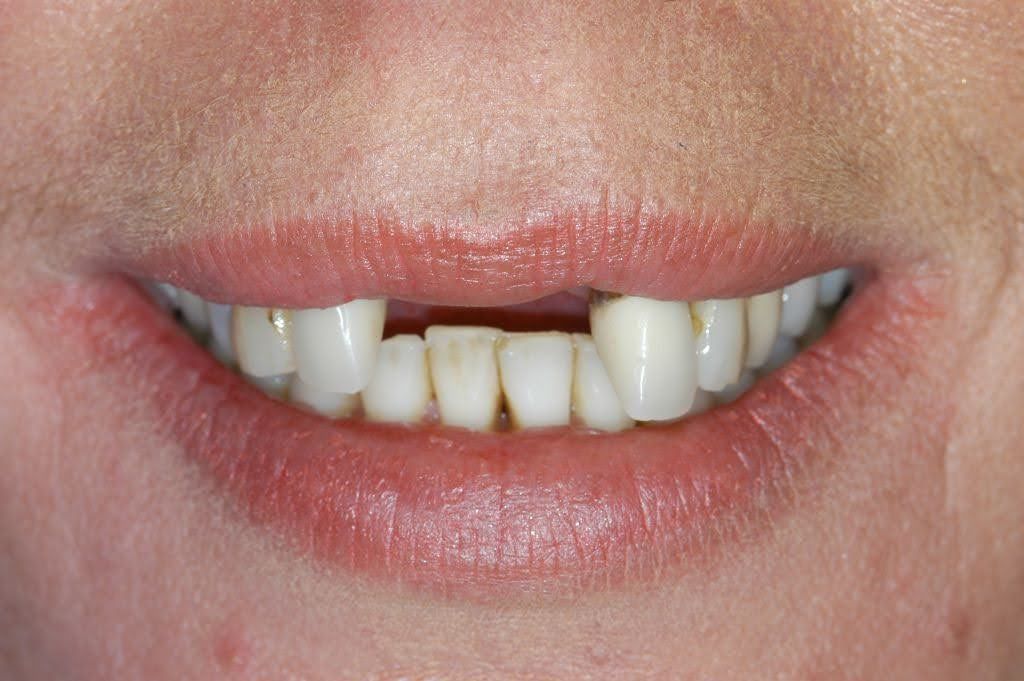Broken or Missing Tooth? Here Are Your Denture Options

A broken or missing tooth can be a source of embarrassment, discomfort, and pain. Fortunately, several options are available to address this issue and restore your dental health.
In this blog post, we'll cover common options for a broken or missing tooth, including different types of dentures. We'll explain the pros and cons of each option and help you make an informed decision based on your unique needs and preferences.
Immediate Dentures
Immediate dentures are a temporary solution for a broken or missing tooth that can be placed in your mouth immediately after extraction or other dental procedures. They can improve your appearance, provide support for your remaining teeth, and help you chew more comfortably.
However, immediate dentures may not fit as well as other dental appliances since they are designed to be temporary, and they may require adjustments or replacement as your mouth heals and changes. Hence, if you have specific functional or aesthetic demands in the long term, immediate dentures may not be the best option for you.
Traditional/Conventional Full Dentures
Traditional or conventional dentures are complete removable prosthetic devices that replace all your teeth on the upper or lower arch. They are custom-made to fit the shape and size of your mouth and can be made from different materials, such as acrylics, porcelain, and composite resins.
Traditional dentures are a durable and affordable solution for a broken or missing tooth that allows you to eat, speak, and smile with confidence. However, they may require some adjustment time, and you may need to visit your dentist regularly to adjust and maintain them. Traditional dentures may also appear less natural than other options.
Flexible Removable Partial Dentures
Flexible, removable partial dentures offer an innovative solution for tooth replacement. These dentures are crafted from a special type of plastic and are known for their flexibility and durability. Unlike traditional dentures, flexible, removable partial dentures fit comfortably in the mouth and adapt to its shape, reducing discomfort and enhancing usability. Their transparent base blends seamlessly with the natural gum color, providing a more aesthetic appeal.
Additionally, they're lightweight and resistant to breakage, ensuring long-term use. While these dentures can be a more expensive option, the benefits, such as comfort, aesthetics, and durability, make them a worthwhile investment. It's always recommended to consult a dental professional before deciding on any treatment plan.
Implant-supported Fixed Dentures
Implant-supported fixed and removable dentures are anchored to dental implants in your jawbone. They are a long-term solution for a broken or missing tooth that is sturdy, durable, and esthetic. Implant-supported dentures are considered the most natural-looking and feeling dentures, as they mimic the structure and function of your natural teeth. Implant-supported dentures eliminate the need for adhesives, and they don't slip or shift while eating, chewing, or speaking.
Implant-supported dentures can be either fixed or removable, depending on your preference and dental condition, and give you the freedom to enjoy your life without worrying about your dental health. However, implant-supported dentures may require surgery, a healing period, and more extended treatment time and may not be suitable for patients with significant bone loss.
When it comes to a broken or missing tooth, you have several options to choose from, ranging from temporary to permanent ones. By understanding the pros and cons of each option, you can make an informed decision that suits your needs and preferences.
Whether you opt for immediate dentures, traditional full dentures, removable partial dentures, or implant-supported fixed dentures, one thing is certain: you can regain your smile, confidence, and dental health with the right solution.
Don't let a broken or missing tooth hold you back. Consult with Davis & Beyer DDS PA today to discuss the best tooth-replacement option for you.







